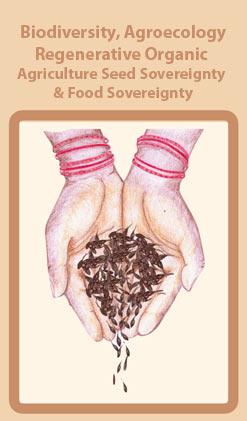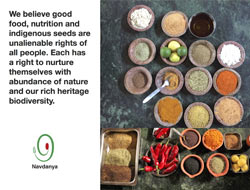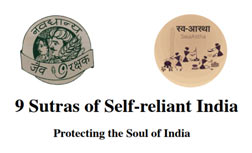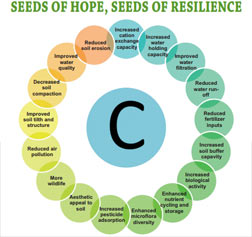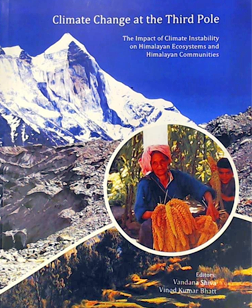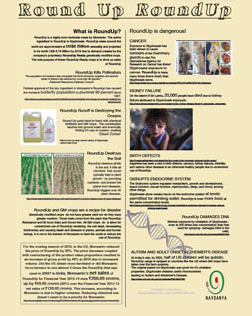To claim that by adding one gene a corporation creates the seed and all future generations of that seed is an ontological flaw, a scientific outrage and an ethical violation
As the New Year begins, I feel compelled to reflect on how fictions and abstract constructions are ruling us; the nature of being and existence is being redefined in such fundamental ways that life itself is threatened. When corporations that were designed as legal constructs claim “personhood”, then real people who stand in line at polling booths, eke out livelihoods, and raise families lose their rights.
This has happened recently in Vermont and Maui. Residents of Maui County, Hawaii voted on November 4 to ban the growing of genetically modified crops on the islands of Maui, Lanai, and Molokai until scientific studies are conducted on their safety and benefits. Monsanto and Dow Chemical’s unit Mycogen Seeds have sued the county in federal court to stop the law passed by the people. And Vermont, which passed a GMO labelling law through a legal, democratic process, is being sued by a conglomerate of corporations on the false premise of corporate personhood, and the influence of money as corporate “free speech”.
This is at the heart of new free trade treaties based on “investor rights”. Denying citizens the right to know violates the fundamental principles of food democracy. Dow and Monsanto sued Maui, thus subverting the democratic process that rests on the will of people, not on the power of corporations. This corporate jurisprudence needs to be reversed if human rights and the rights of Mother Earth are to be protected.
Corporate fictions that have already had disastrous impacts on the biodiversity of the planet, nations and on farmers whose time immemorial rights to save and exchange seeds are being criminalised under patent law and new seed laws.


